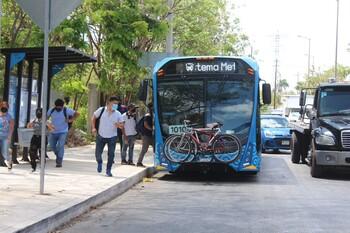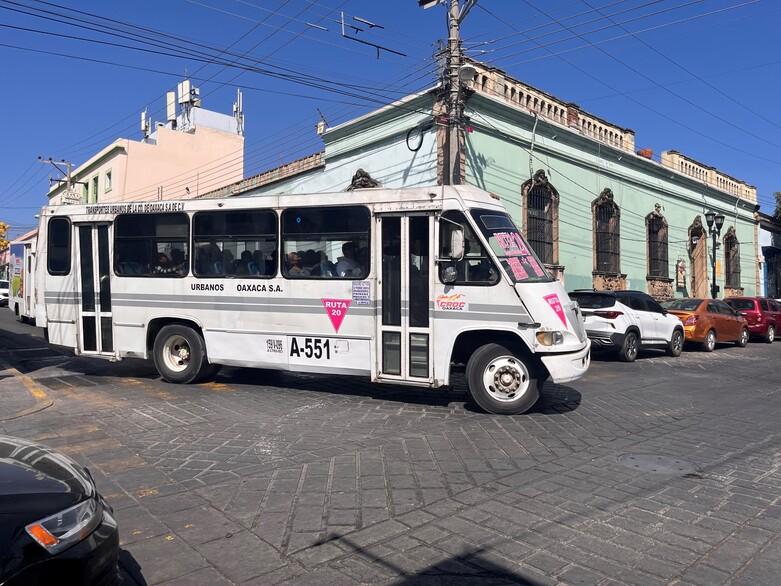Context
After power generation, traffic is the second largest producer of greenhouse gas emissions in Mexico (26 per cent of overall emissions). The number of cars per capita is also increasing and the foundations for climate-friendly and intelligent public transport systems are not in place. This results in significant air pollution and traffic levels, particularly in urban areas, where almost 80 per cent of the population lives.
These conditions impact vulnerable groups more than any others. Inadequate public transport systems represent a significant challenge for sustainable development objectives in Mexico as well as the development of green, productive cities. To slow down the trend towards private motorised transport, the country needs a reliable and efficient alternative with high quality public transport.
Objective
The strategic and operational foundations for intelligent, inclusive and climate-friendly public transport in Mexico have improved.
Approach
The project’s contribution lies in the development of efficient, social and intelligent public transport solutions nationally, regionally and in communities.
There are three main fields of action:
- Develop and improve decision-making instruments and strengthen professional expertise in the field of environmentally and socially responsible urban mobility for workers
- Develop and implement efficient, intelligent and inclusive demonstration projects for public transport systems in the four states of Guanajuato, Oaxaca, Puebla and Yucatán. This can include, for example, optimised routes, fuel-saving technologies, electric buses, digital solutions, barrier-free design of public transport as well as greater safety for women on public transport.
- Exchange experience on topics relevant to mobility and share learning opportunities both nationally and internationally


